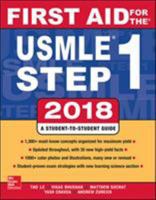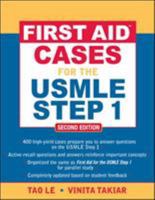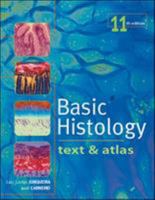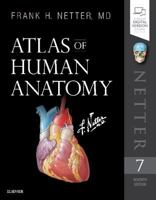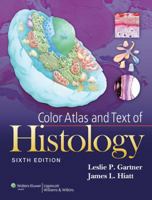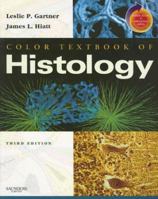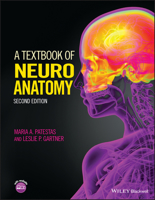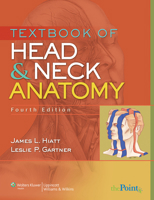Cell Biology and Histology
Select Format
Select Condition 
You Might Also Enjoy
Book Overview
Customer Reviews
Rated 5 starsBetter than Kaplan's review for Histology.
A must have. Really important and understandable facts in the light of USMLE. I'm reading some other books on this subject too, and I have inferred that this one is very good.
0Report
Rated 5 starsVery good for Histology
This book is broken into systems and has nice board related pathology info at the end of each chapter. Exp: The Chapter on Neuro Histology will give you a clear understanding of the histo, physio, and then give pathology examples such as what happens when there is demyelination->MS. <br /> <br />I was never taught histology, but this book is so well laid out, I could make the correlation between histo, phys, and path. Excellent...
0Report
Rated 5 starsSuper for the boards
I found this book to be really helpful. I know people who used some other books to prepare for histology and regretted it. The book is laid out in outline manner which makes finding information easy. The questions were just like the kinds I encountered on my Step I exam. I highly recommend this book.
0Report






















